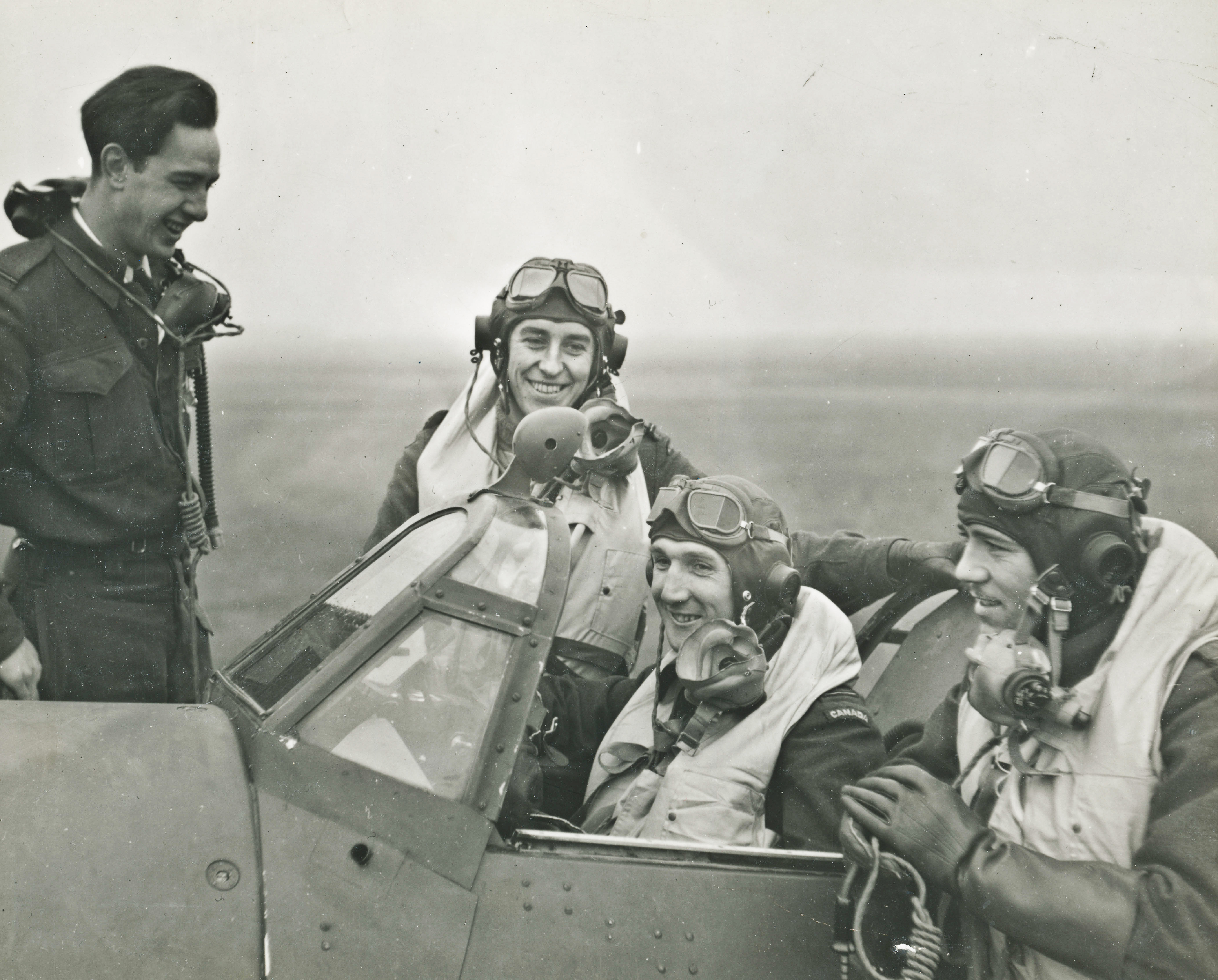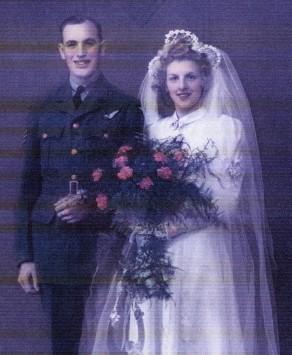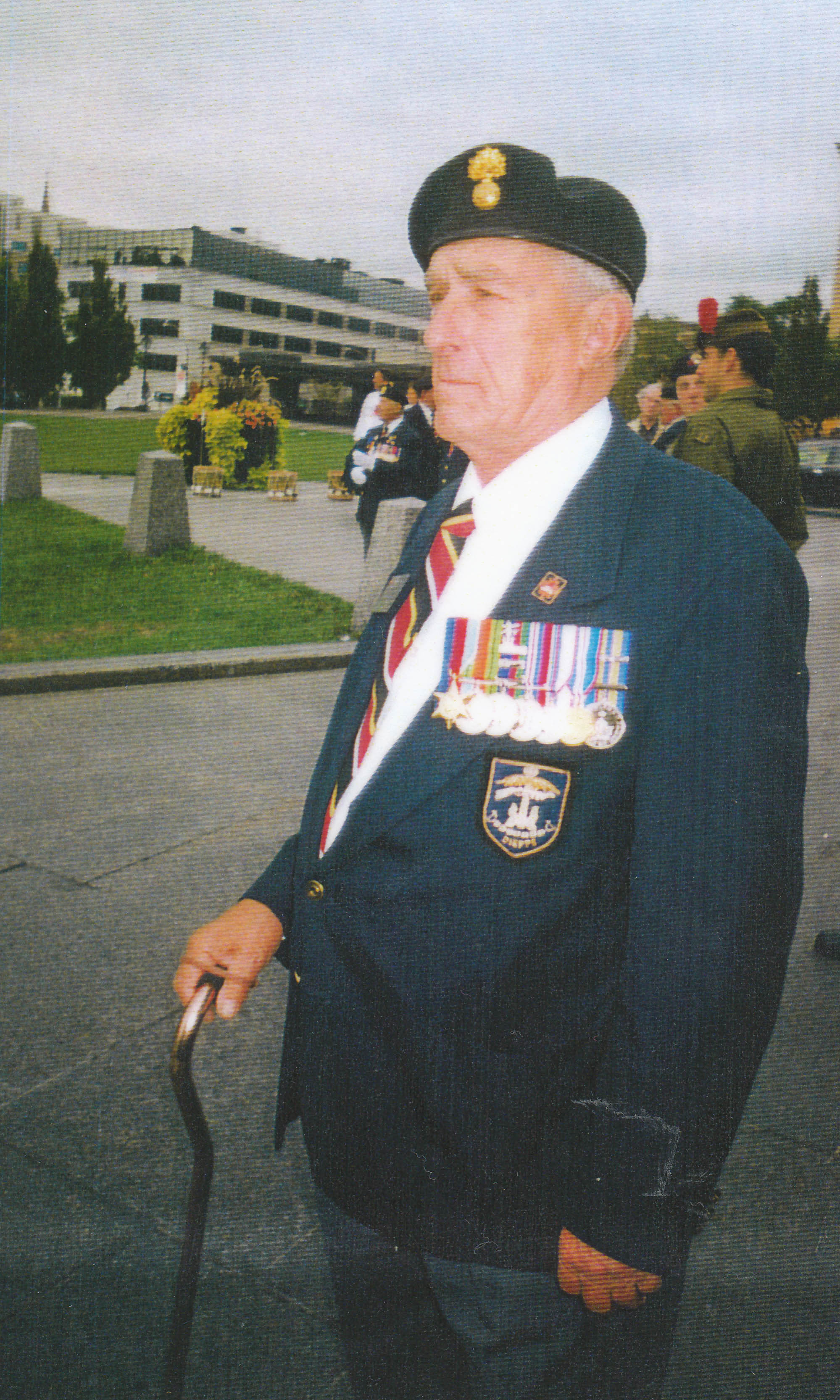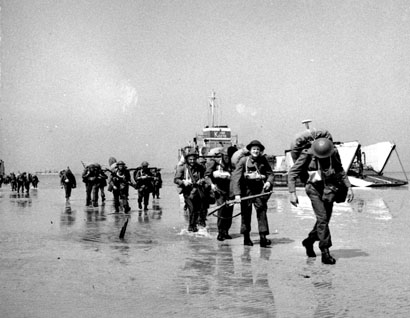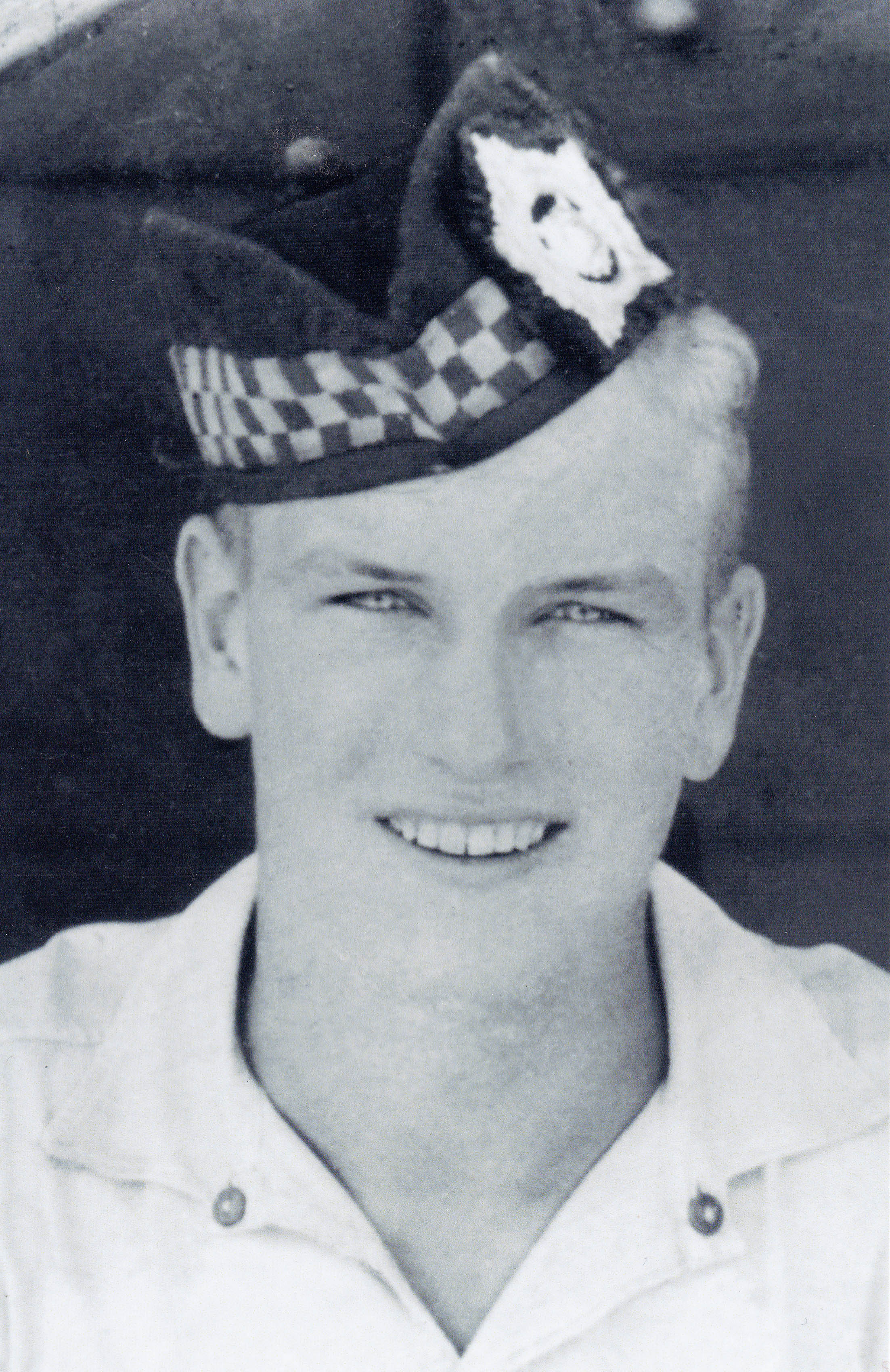Memory Project Archive
Jack H. Davies (Primary Source)
Jack Davies was a pilot with 2nd Tactical Air Force, Royal Air Force (RAF) during the Second World War. Davies flew B-25 Mitchell medium bombers in support of British and Canadian forces advancing through Northwest Europe.


